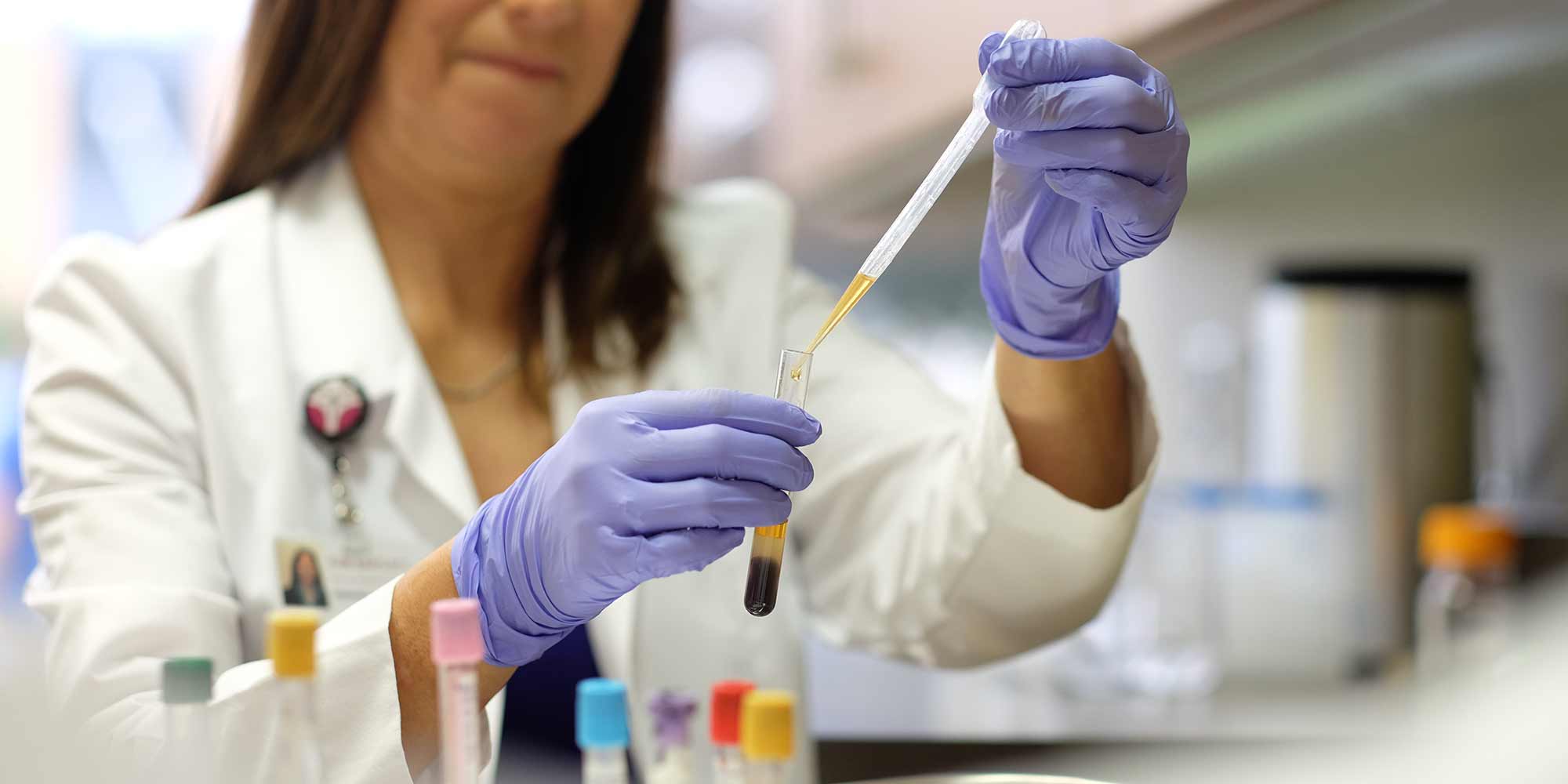Investigational Device Exemption IDE Submission to FDA

When research involves a device(s) not approved by the Food & Drug Administration (FDA) or a device(s) which will be used for purposes not approved by the FDA and the device(s) poses an increased risk to subjects, investigators are required to obtain clearance from the FDA prior to enrolling subjects in the research study. For devices, this may be accomplished through an Investigational Device Exemption (IDE) process outlined by the FDA.
A device is defined as an instrument, apparatus, implement, machine, contrivance, implant, in vitro reagent or other similar or related article intended for use in the diagnosis, cure, mitigation, treatment or prevention of disease or condition intended to affect the structure or any function of the body and does not achieve its intended use through chemical action and does not need to be metabolized to achieve its intended purpose.
When conducting research with a device, an IDE allows the investigational device to be used in a clinical study to collect the required safety and effectiveness data necessary to support a pre-market approval (PMA) application or pre-market notification (510k) submission to the FDA.
The expectations for research, related to devices and described within the Code of Federal Regulations and the Food and Drug Safety Act, may be difficult to interpret as there are many requirements related to classification and risk determination. Investigators who intend to sponsor research with a device must be aware of and fully comprehend these expectations.
When determining if an IDE is applicable to a research proposal involving a device, the following criteria should be considered:
Does the study involve a medical device that is being used outside of the indication for which its labeling has been approved or cleared by the FDA?
Is the investigation intended to be used to support any significant change to the labeling for the device?
- If the answer is YES to either question, consider the following question. If the answer is NO to both prior questions, an IDE is not required.
Is the medical device a diagnostic device?
- The diagnostic device complies with the labeling requirements of 21 CFR 809.10(c), AND
- The testing is non-invasive, AND
- The testing does not require invasive sampling procedures that present Significant Risk, AND
- The testing does not introduce energy into the subject, AND
- The testing is not used as a diagnostic procedure without the confirmation of the diagnosis by another medically established diagnostic product or procedure.
If all statement are true, the device may be considered exempt from IDEA regulations.
Is the investigational device a Significant Risk Device (per 21 CFR 812.3(m) and 21 CFR 812.20)?
A significant risk device meets at least one of the following criteria:
- The investigational device is intended as an implant and presents a potential for serious risk to the health, safety and welfare of a subject.
- The investigational device is purported or represented to be for use in supporting or sustaining human life and presents a potential for serious risk to the health, safety and welfare of a subject.
- The investigational device is of substantial importance in diagnosing, curing, mitigating or treating disease or otherwise preventing impairment of human health and presents a potential for serious risk to the health, safety and welfare of a subject.
- The investigational device, in any other way, presents a potential for serious risk to the health, safety and welfare of a subject.
If the answer is yes to one of the above criteria, the device is a significant risk device and IDE approval is required from the FDA.
If the answer is no to all of the above criteria and the device is not significant risk , not a diagnostic device and not being used outside of its approved indication and the research is not intended to change labeling, the research must comply with the Abbreviated IDE Requirements described within 21 CFR 812.2(b) as well as informed consent and IRB requirements defined within 21 CFR 50 and 21 CFR 56.
If you have determined that an IDE application is required for a significant risk device, there is not a pre-printed form provided by the FDA as is done for Investigational New Drug. However, an IDE application must include certain information and throughout the application, the sponsor-investigator must demonstrate the following:
- Adequate risk benefit ratio
- Importance of the knowledge to gained
- Scientific merit
- Rationale for effectiveness
The Trinity Health Office of Research & Innovation – West Michigan has experience with IDE applications and requires that all investigators, who wish to conduct research involving a medical device, consult with a member of the Research and Innovation staff prior to proposal development. Experienced staff will help investigators determine if an IDE is required for their proposed project, and will support the development of the application, cover letter and supporting documents.
As applicable, the Office of Research & Innovation can also facilitate collaboration with external resources to ensure intellectual property protection and product development expertise as necessary. For further assistance, please submit a consultation request.
The Regional Institutional Review Board must also be considered in this process.
Helpful Links
FDA Code of Federal Regulations
- 21 CFR 50 – Protection of Human Subjects
- 21 CFR 56 – Institutional Review Boards
- 21 CFR 809.10(c) – In Vitro Diagnostic Products for Human Use: Labeling for in vitro diagnostic products
- 21 CFR 812.2(b) – Investigational Device Exemptions: Applicability
- 21 CFR 812.3(m) – Investigational Device Exemptions: Definitions
- 21 CFR 812.20 – Investigational Device Exemptions: Application



